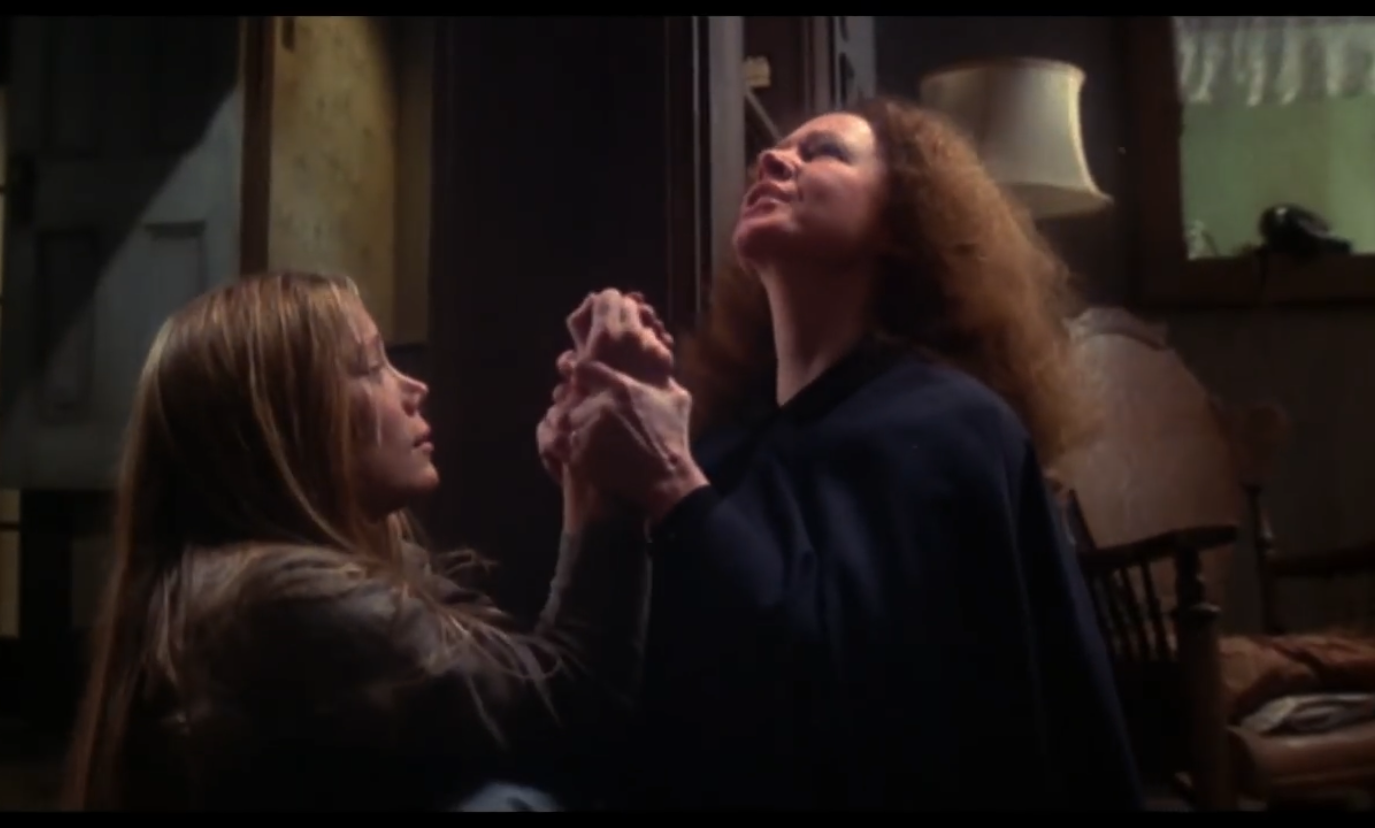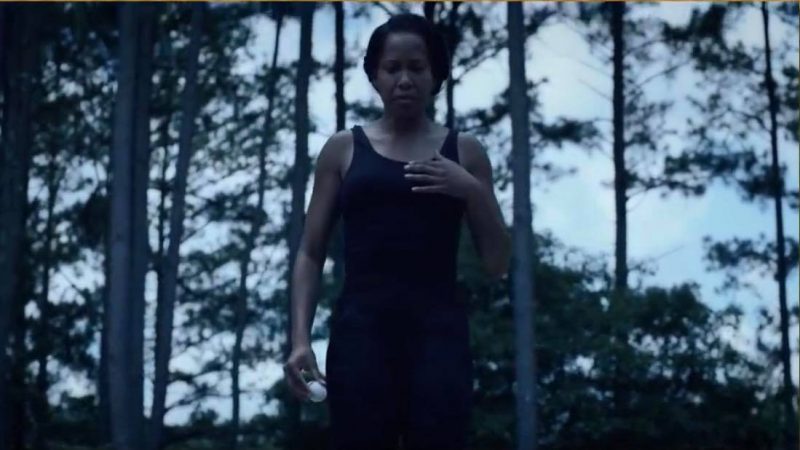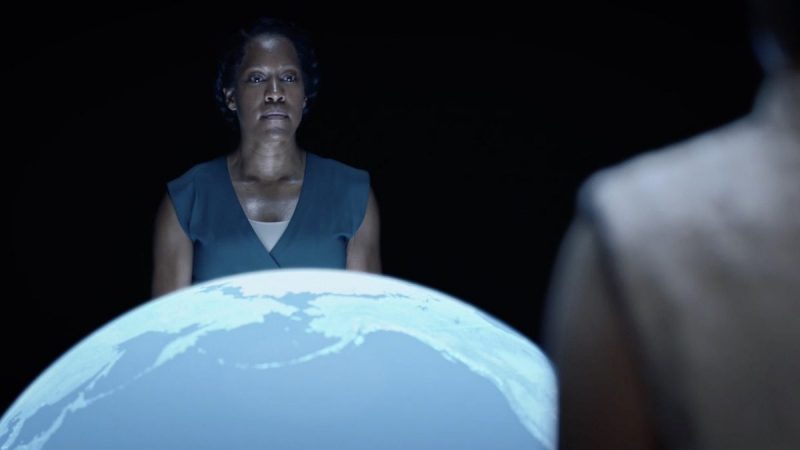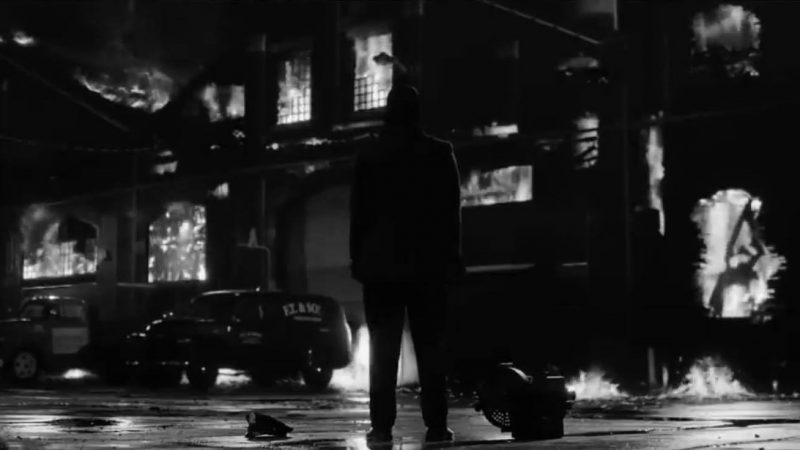I Finally Watched ‘Carrie’ and I Think Gen Z Kids Deserve Telekinesis

I never read Carrie, growing up. It had nothing to do with the reading level (it’s a short novel) or lack of interest in adult stories (I went through my first Stephen King phase at thirteen). I think my lack of interest probably had more to do with the subject matter. I knew it was about periods, and shame, and bullying, and religiously motivated abuse. I grew up in a small town in Ohio. All of that was my daily reality; I didn’t feel the need to wallow in it. Reading about a killer car or a pyrokinetic child was an escape. As far as I was concerned, Carrie was a documentary.
Now, I wish I had picked the book up sooner. As it is: I have entered my second Stephen King phase, characterized by a desire to read Pet Sematary, a book with distinctly adult concerns (see me in the comments if you think you disagree). And since I’m both a film dilettante and one of those insufferable people who like to read the book first, I knew the time for Carrie had come.
There are noticeable differences between the book and the film — King’s books have a level of detail that it is not possible or desirable to replicate on screen — but thematically, it is identical. So I’m here to talk about those themes, because they’re frustratingly relevant to our culture now, almost fifty years later.
Most people are familiar with Carrie’s major plot points, so I’ll make the refresher quick (skip this paragraph if you’ve seen it recently). Carrie White is raised in an oppressively religious household by her abusive mother, Margaret, who goes to extreme measures to shelter her from the “sin” she thinks is inherent in being a woman. This is why, when sixteen-year-old Carrie gets her first period, she has no idea what is happening. When she panics, her shocked classmates react with laughter, cornering her in the gym showers and throwing tampons at her. When the gym teacher catches them, most girls are ashamed and accept their punishment. The ringleader, Chris, refuses to admit fault, harassing the gym teacher until she is banned from prom. Blaming Carrie, Chris convinces her older townie boyfriend to help her get elaborate revenge: cheating to elect Carrie prom queen, placing her on the stage under a bucket of pig’s blood which they will pour on her. Of course, what Chris doesn’t know is that Carrie has recently discovered not only an ability to stand up for herself, but also an ability to move objects with her mind. When the triumph of a successful prom turns into the violent humiliation of Chris’ prank, Carrie’s telekinesis kicks in, destroying the school and everyone in it. When she goes home, Carrie’s mother stabs her, and Carrie brings the house down, burying both of them.
It’s a simple story, but an ingenious one. A galvanizing moment kick-starts a girl’s self-actualization, and she begins to come into herself, only to have her progress undermined by the cruelty of her peers and, subsequently, the social structure of the wider world. The horror of Carrie is that the protagonist takes her first-ever step forward, only to be shoved two steps back.
And then stabbed. By her mom.
The pattern of emergence into adulthood that Carrie lays out is disturbingly immediate. There’s a difference, though; where in 1976 only Carrie’s flourishing is punished, it is now the majority of our youth who face humiliation as they try to stand up for themselves and for our world.
You may well raise your eyebrows, and note that this problem is hardly new. Can the abjection of today’s youth, you may reasonably ask, match the dire situation of, say, the industrial revolution? To which I say: that is not the point, my dear straw reader. This is abjection of a special kind.
(And when am I going to talk about feminism? Every lukewarm take on Carrie is about feminism).
There are a lot of examples to choose from here, like the Parkland kids, or the young people who participated in the protests at Standing Rock. There are even some particularly scalding hot-takers who like to excuse young male terrorists by reviving a fun little ’80s concept called “male abjection” — basically the idea that men in the modern world lack self-esteem because they no longer have the power they exercised in the jungle (this being the sort of jungle that exists mainly in L. Ron Hubbard books). Leaving aside that can of flesh-eating worms, I’ll use the most one-to-one example: Greta Thunberg.
You live in the world, so you’re already aware that Thunberg is a sixteen-year-old Swedish climate change activist, a multi-award-winner who has given some of the most galvanizing speeches of the past few years. She is an incredible person whose actions are already starting to influence people toward positive change, and this has made her a target. Adult men, world leaders, including the autocrat who currently has precarious charge of the United States, have denounced and mocked Thunberg, who despite her courage is still a child with autism. Her intense vulnerability has not stopped Thunberg from speaking out, but it certainly should give these men (and some also adult women) pause about treating her with such contempt. Seeing behavior like this from those with authority affects children. It tells them that any attempt to stand tall, any attempt to swim against the tide, will be met with ruthless suppression.
And yes, you’ve caught me: we’ve also been talking about feminism this whole time. Because this issue affects girls disproportionately, and even where it affects children of all genders, there is a history of confining children to the “seen and not heard” domestic sphere with the women. Carrie is punished for stepping out of her home and into society; so, too, are kids who dare to hold a protest sign or tweet, “don’t shoot us in school.”
The “curse” that haunts Carrie has nothing to do with the inherent sexuality that her mother sees in womanhood — or, if it does, that’s a symptom. The curse is society’s resistance to change, represented by a collection of authority figures who will not or cannot make room for a spirit as strong, as new as Carrie’s.
It’s a popular story that Stephen King originally threw away his first draft of Carrie, only for his wife Tabitha to insist that it was worth salvaging, that it needed to be shared. Of course, this makes Tabitha a true American hero, and I’m not calling that into question. But in the context of the current political climate, it’s easy to look back and see how King, writing at the time of the Vietnam protests, doubted his novel would be read. After all, it comes down firmly on the side of the kids, showing them as vibrant individuals desperately seeking a way to have an impact on their surroundings.
That’s the strength of the 1976 movie, too (and no, we do not acknowledge any other versions here). The camera-work is playful, sometimes indulging in a nye-voyeuristic adult perspective, only to undercut the feeling of superiority by including the kids’ perspective. A great example of this is the scene where Margaret White knocks on the door of the Snell house; we see Mrs. Snell have an awkward conversation with her proselytizing neighbor, a moment of smug adult humor, until we see her daughter, Carrie’s classmate Sue, watching the encounter with concern from a doorway.
Or there’s the famous opening shower scene, with its naked girls running around the locker room and having a bafflingly good time getting dressed, culminating its softcore porno build up with its uncomfortably lingering view of Carrie in the shower, exploring her body. Then she discovers that she is bleeding, and she is horrified, and the soft music stops. The light grows harsh. The happy girls grow cruel. Instead of looking at Carrie, we are suddenly seeing through her eyes. The horror of Carrie, again and again, is that the viewer is reminded what it felt like to be helpless.
It’s a lesson we would do well to remember after the credits roll.






